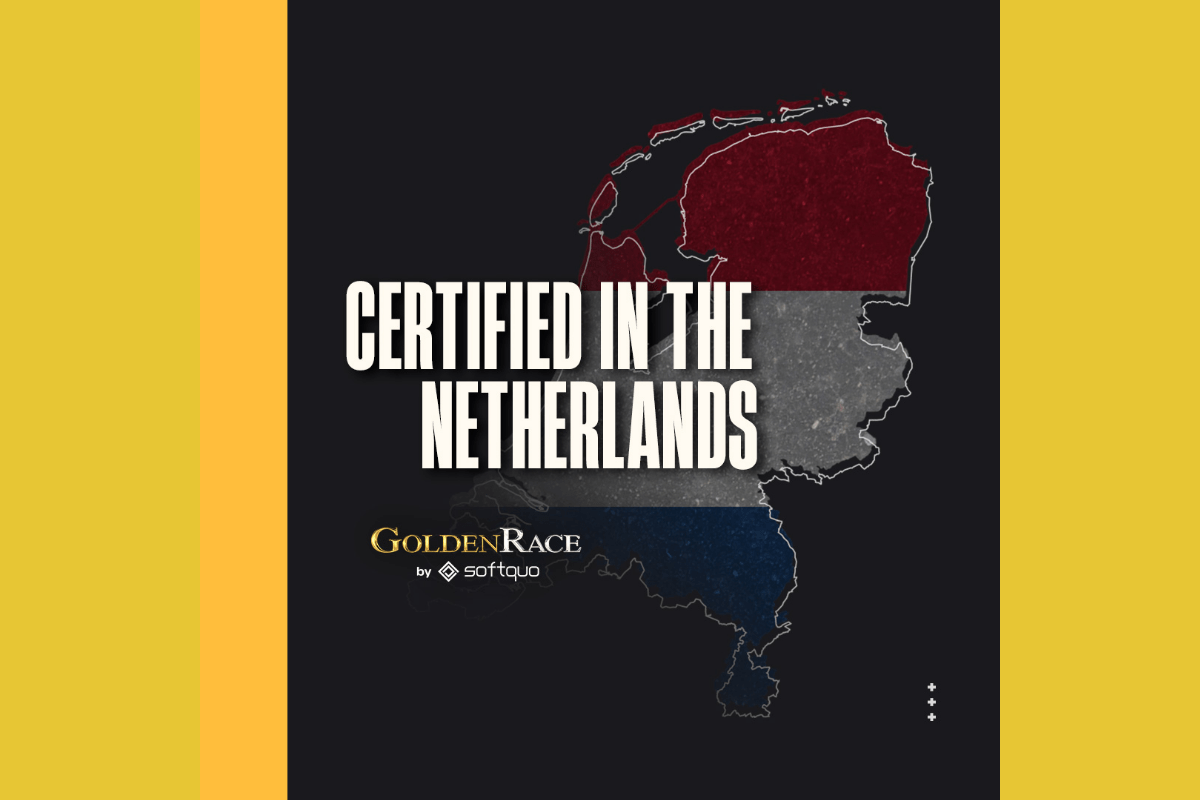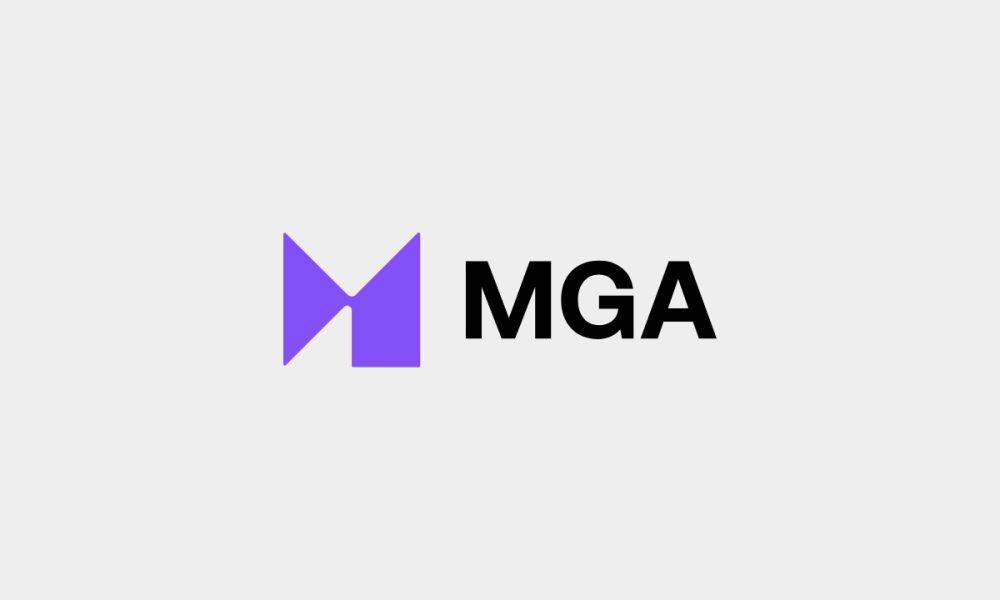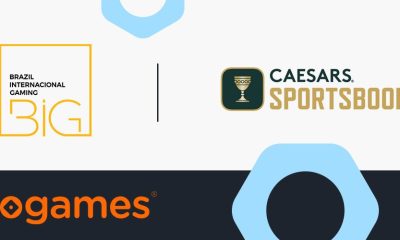Compliance Updates
The Finnish Supreme Administrative Court rules that skill-based fantasy sports games belong to Veikkaus monopoly

Article written by Antti Koivula, consulting legal advisor at Legal Gaming
On May 24, 2022 the Finnish Supreme Administrative Court delivered its judgment on IS-Liigapörssi-case (KHO:2022:60), in which the Supreme Administrative Court analysed whether skill-based fantasy sports games are within the scope of the Finnish Lotteries Act (1047/2001) (“Lotteries Act”) and thus belong to the state-owned gambling operator Veikkaus Oy’s (“Veikkaus”) monopoly.
Finland has a statutory gambling monopoly in place, under which Veikkaus has exclusive rights to operate and market gambling. According to the Lotteries Act, all games which include a participation fee, prizes of monetary value and the result is based on chance, are within Veikkaus monopoly. The main question in the case was if it is enough the game to be even remotely based on chance to be within the scope of the Lotteries Act and thus belong to Veikkaus monopoly, and if that was the case, whether the element of chance was present in the skill-based fantasy sports games in question.
IS-Liigapörssi-case concerned popular fantasy sports games in Finland, in which participants form virtual ice hockey teams from real ice hockey players and points were awarded based on the ice hockey players performance on real ice hockey matches. The fantasy sports games included entry fees and prizes and they had been run since 1995 by a Finnish media giant Sanoma Media Finland Oy (“Sanoma”). It was an undeniable fact that skilled and analytical participants who invested a considerable amount of time to the fantasy sports games outperformed participants who picked the players randomly.
The background of the case is lengthy, as the national authorities had tried to shut down the fantasy sports games run by Sanoma for more than a decade. In 2008 the Ministry of the Interior made a request for investigation for the police, which carried out a preliminary investigation. However, in 2010 the National Prosecution Authority (“NPA”) made a non-prosecution decision stating that it was left unresolved whether the Fantasy Sports games in question are within the scope of the Lotteries Act.
In 2017 the gambling enforcement authority, the National Police Board (“NPB”) started administrative proceedings against Sanoma regarding the fantasy sports games and two years later in 2019 the process had reached the point in which the NPB imposed a prohibition order and a conditional fine of EUR 300,000 for Sanoma on the basis that Sanoma was not allowed to run the fantasy sports games as they qualified as gambling. Sanoma appealed to the Helsinki Administrative Court arguing that the fantasy sports games in question were skill-games with which chance had no effect on the results and thus outside the scope of the Lotteries Act, but in 2021 the Helsinki Administrative Court ruled in favour of the NPB. Sanoma appealed to the Supreme Administrative Court.
The Supreme Administrative Court acknowledged that participants knowledge and skills were meaningful in the context of success, but reminded that at the same time random factors outside the participant’s control had a significant importance too. Thus, the chance of winning was at least partially based on luck. As the fantasy sports games also included entry fees and prize money, only Veikkaus was allowed to run them in Finland.
The Supreme Administrative Court’s decision hardly came as a surprise. The Lotteries Act’s definition of gambling is extremely broad, from which a good example is that even an ice fishing competition and an auction were previously deemed to fall within it. Nevertheless, the decision yet further strengthened the NPB’s authority and it remains to be seen what is the next competition or event after which they’ll go next.
Powered by WPeMatico
Compliance Updates
Elys BMG Group Announces Approval for The Ugly Mug Sportsbook in Washington, DC.

Elys BMG Group announced that The Ugly Mug in Washington D.C. has been granted provisional approval from the District of Columbia Office of Lottery and Gaming Regulation and Oversight Division (DCOLG) to open its sportsbook at 723 8th St. SE. As the fourth privately owned sportsbook venue in the District powered by Elys’ innovative Gameboard betting technology, The Ugly Mug stands as a testament to Elys’ commitment to bringing cutting-edge solutions to local businesses and sports enthusiasts.
The grand opening for The Ugly Mug sportsbook is anticipated to occur during the week of April 27th. Elys will unveil the grand opening festivities, promotions, and events as the date draws closer.
With easy access to sports wagering and a classic American menu in a relaxed setting, The Ugly Mug sportsbook is set to become a premier destination in the Navy Yard region of Washington D.C. and is another step forward for Elys becoming the leading betting technology provider for neighborhood sportsbooks in the US.
Compliance Updates
GoldenRace is now certified in the Netherlands

GoldenRace, global provider of award-winning Virtual Sports and betting solutions, has recently obtained a certification for its highly acclaimed Virtual Sports and Games in the Dutch market.
GoldenRace successfully navigated the stringent regulatory landscape of the Netherlands, and now will be providing its impressive betting products into the Online Dutch market, which will be an important advancement in our operational expansion.
The Netherlands betting scene is on the cusp of a substantial growth phase and with GoldenRace’s latest certification, we introduce to the Dutch market a range of highly popular games tailored to desktop and mobile, in both scheduled and on-demand modes.
Among the offer, players will enjoy our most-played Virtual Football line-up – including Football Single, Leagues, World Cup and Euro Champions-, adrenaline-pumping 3×3 Basketball and MMA and top-notch races as Horse Racing, Greyhound Racing and Grand Prix Indianapolis 60. Last but not least, our Number Games, such as Spin2Win. All ready to captivate Dutch players.
The post GoldenRace is now certified in the Netherlands appeared first on European Gaming Industry News.
Compliance Updates
MGA: Update to the Incident Reporting Requirements

The Malta Gaming Authority would like to inform its licensees of updates made to the Incident Report mechanism available through the Licensee Portal The information hereunder outlines relevant guidance and procedures for the submission of an Incident Report through the updated reporting instrument entitled the ‘Technical – Information Security Incident’.
As mandated by Articles 37(2)(c) and (d) of the Gaming Authorisations and Compliance Directive (Directive 3 of 2018), “Licensees shall notify the Authority forthwith, and in any case no later than three (3) working days after, the following:
(c) Any breach of the licensee’s information security that adversely affects the confidentiality of information relating to players;
(d) Any breach of the licensee’s information security that precludes players from accessing their accounts for a period exceeding twelve (12) hours.”
In this regard, Licensees are obliged to submit an Incident Report in order to notify the Authority of the circumstances relating to an information security breach that meet the above specified criteria. Additionally, Licensees are advised to remain mindful of any further obligations emanating from the General Data Protection Regulation (EU/2016/679) and any relevant legislation.
The Technical – Information Security Incident option will be accessible through the “New/Change” dropdown menu via the Portal. Upon selection, users will be directed to the applicable sections of the ‘Technical – Information Security Incident’ where all compulsory fields and any relevant documentation must be submitted to the Authority.
Upon submission, the Incident Report shall undergo review by the Authority. Any missing information that may be identified by the Authority, shall be requested accordingly from the Licensee. It is imperative that any pending clarifications are addressed in a timely manner.
If no further clarifications are deemed necessary by the Authority, the Incident Report will be closed off accordingly, and any relevant documentation will be securely filed for record-keeping purposes.
Any Incident Reports left in ‘Draft’ form (i.e. opened but not effectively submitted) for a period of ninety (90) days shall be automatically discarded.
The post MGA: Update to the Incident Reporting Requirements appeared first on European Gaming Industry News.
-

 Central Europe5 days ago
Central Europe5 days agoNolimit City Announces Partnership with win2day
-

 Compliance Updates5 days ago
Compliance Updates5 days agoRomania Bans Gambling Venues in Small Towns and Villages
-

 Latest News5 days ago
Latest News5 days agoNetBet Casino Partners with Nolimit City
-

 Compliance Updates3 days ago
Compliance Updates3 days agoDGA: Three Orders and One Reprimand Issued to Mr. Green Limited for Breach of the Anti-Money Laundering Act
-

 Asia3 days ago
Asia3 days agoChina’s CBA League Extends Global Broadcast and Integrity Partnership with Sportradar
-

 BIG Brazil4 days ago
BIG Brazil4 days agoNeoGames partners with BIG Brazil for its Caesars Brazil brand ahead of market opening
-

 eSports3 days ago
eSports3 days agoeSports in the CIS region , Q&A w/ Viktor Block, Senior Sales Manager/PandaScore
-

 Compliance Updates5 days ago
Compliance Updates5 days agoSightline Selects GeoComply for Identity and Geolocation Compliance Services




















